UN launches political process in Sudan to end months-long crisis triggered by military coup
The United Nations says it plans to invite military leaders, political parties, and other groups in Sudan to participate in a “political process” aimed at resolving a crisis unfolded by a military coup in October, as security forces keep on mounting a deadly crackdown on anti-coup protests across the African country.
More than two years ago, massive anti-government demonstrations hit Sudan, mostly over the economy, demanding the resignation of the then-president Omar al-Bashir, who was ultimately ousted through a military coup in April 2019, after ruling over the country for three decades.
In August the same year, a transitional civilian-military administration was founded to run the country. However, Sudan's military chief and de facto leader Abdel Fattah al-Burhan staged a coup on October 25 and dissolved the fragile government, putting the then-prime minister Abdalla Hamdok under house arrest and detaining other civilian leaders.
The coup infuriated the Sudanese and sparked international outcry, including from the UN Security Council.
Hamdok was later released and on November 21 signed a power-sharing deal with the Burhan-led junta, according to which the former would continue his career as premier and a 2019 constitutional declaration would be the basis for a political transition. According to the deal, July 2023 was set as the date for Sudan's first free elections since 1986.
The Sudanese Professionals Association (SPA), however, has completely rejected the deal, lambasting it as being “treacherous”. Pro-democracy SPA is an umbrella of 17 different unions that were instrumental in the months-long demonstrations that led to Bashir's ouster.
Protest rallies against the coup have continued even after the reinstatement of Hamdok, with demonstrators demanding no military involvement at all in government. They say the deal has simply given a cloak of legitimacy to the generals, who they accuse of trying to form an autocratic regime like the one led by ousted Bashir.
On January 2, Hamdok resigned, leaving the military fully in charge. He said Sudan was at a “dangerous crossroads threatening its very survival.”
The mediation by the UN succeeded in the weeks after the coup to reinstate Hamdok, but his resignation deepened uncertainty around the African country’s political future and a transition towards elections scheduled for 2023.
“All measures taken to date have not succeeded in restoring the course of this transformation,” said UN Special Representative Volker Perthes in a statement on Saturday, announcing the launch of the UN-facilitated process.
“The ... repeated violence against largely peaceful protesters has only served to deepen the mistrust among all political parties in Sudan,” he added.
This is while resistance committees, political parties and other pro-democracy groups have carried out an ongoing campaign of protests under a “no negotiation” slogan.
Since the coup, harsh crackdowns by security forces against protesters have left at least 60 dead, according to the independent Central Committee of Doctors in Sudan.
Last month, Burhan issued a decree allowing security forces to detain individuals “over crimes related to the state of emergency”, a move that effectively banned street protest rallies.
According to the UN statement, Sudan's military, armed movements, political parties, civil society and resistance committees will all be invited to take part in a “political process” to end the months-long crisis.
Pezeshkian cites US-Israeli role in riots as Putin says million-strong rallies show Iran’s reality
Iranian officials: 3,000 members of terrorist groups arrested over riots
VIDEO | Pro-Palestine hunger strikes end as several demands met
Trump threatens to invoke Insurrection Act for crackdown on protests
VIDEO | Trump warns of Insurrection Act after anti-ICE protests in Minnesota
US cannot ‘conceal its crimes’ behind UN meeting, Araghchi tells Guterres
VIDEO | Press TV's news headlines
Esfandiari thanks Iranians for support as France tries pro-Palestine activist


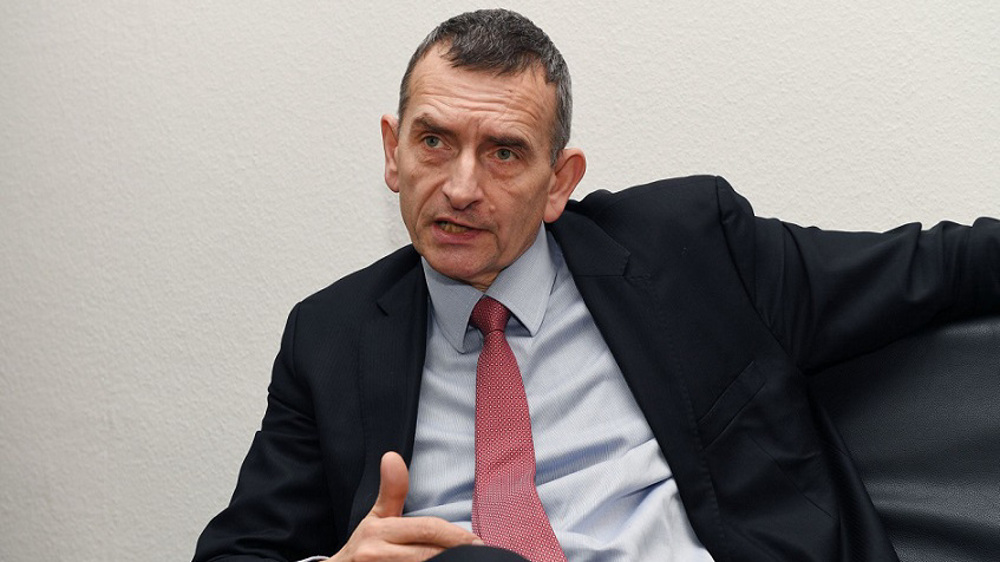
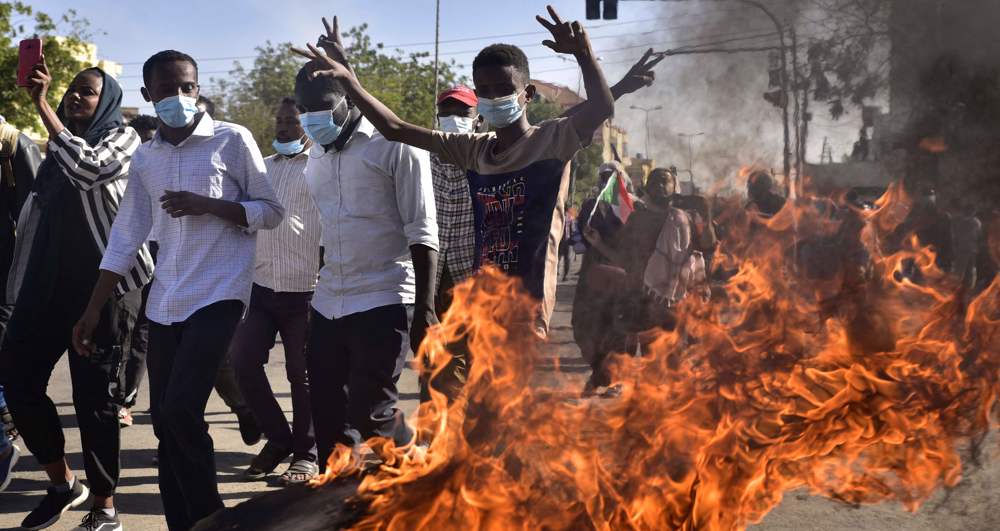
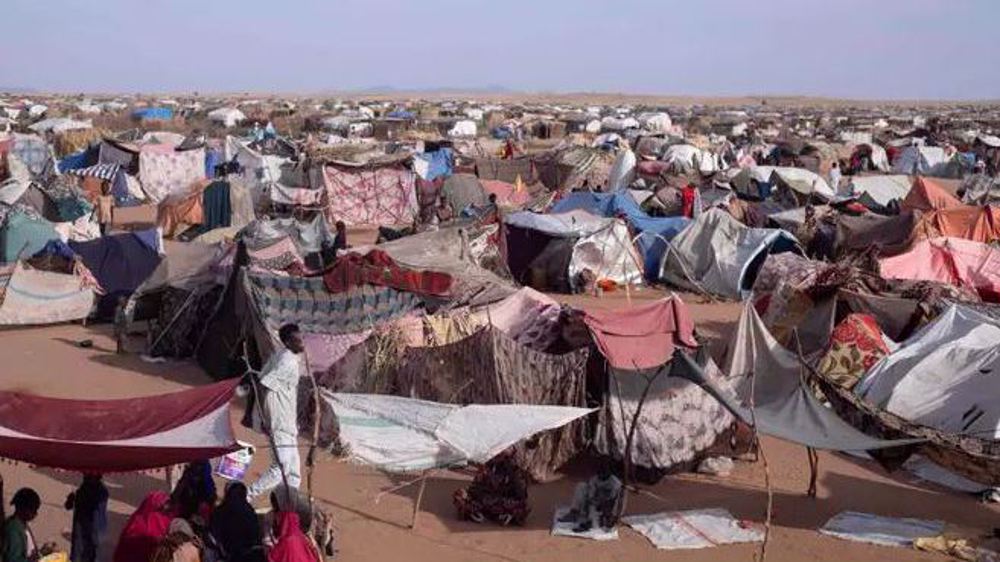
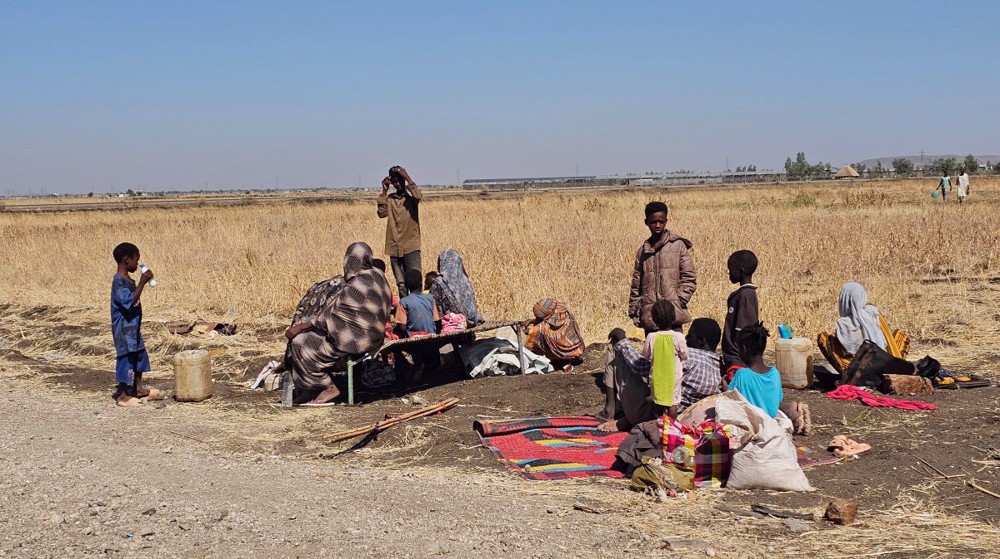
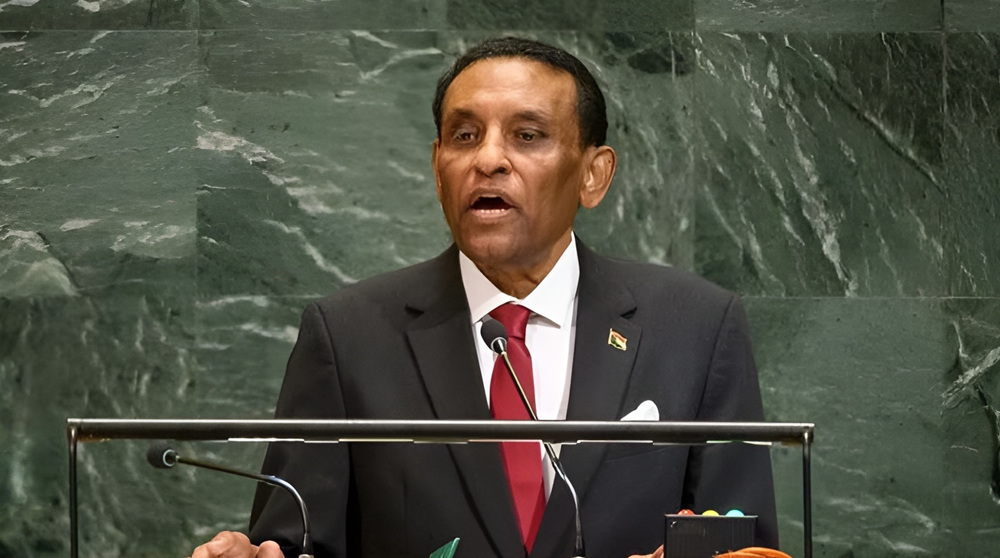




 This makes it easy to access the Press TV website
This makes it easy to access the Press TV website